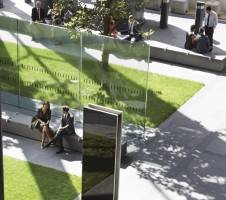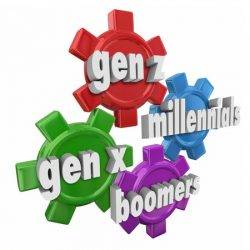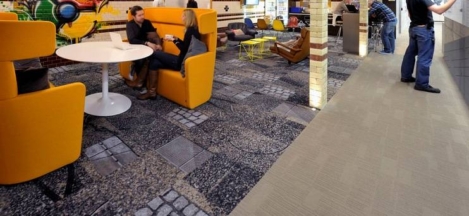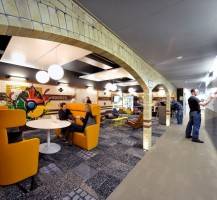March 22, 2016
While politicians squabble, here’s what the Budget meant for the workplace 0
 Strange as it may seem now, there was a Budget last week. We’d planned to produce a report on it once the dust had settled but given that whatever dust had originally been kicked up has now been swept away by a political storm, it’s only now we feel able to offer some perspective a few days out. As ever these days, the budget touched on a number of aspects of the workplace, sometimes hitting the mark and sometimes suggesting politicians don’t yet understand how people work. There was the usual stuff about rates and commercial property but also plenty to digest about the freelance economy, productivity, new technology, flexible working legislation and the current, often faltering attempts to develop wealth and infrastructure as well as the 21st Century creative and digital economy in places other than London. There’s plenty to digest here and plenty of people have already had their say, so a chance to grab a coffee and take all or some of it in.
Strange as it may seem now, there was a Budget last week. We’d planned to produce a report on it once the dust had settled but given that whatever dust had originally been kicked up has now been swept away by a political storm, it’s only now we feel able to offer some perspective a few days out. As ever these days, the budget touched on a number of aspects of the workplace, sometimes hitting the mark and sometimes suggesting politicians don’t yet understand how people work. There was the usual stuff about rates and commercial property but also plenty to digest about the freelance economy, productivity, new technology, flexible working legislation and the current, often faltering attempts to develop wealth and infrastructure as well as the 21st Century creative and digital economy in places other than London. There’s plenty to digest here and plenty of people have already had their say, so a chance to grab a coffee and take all or some of it in.





































March 23, 2016
The choice of a clear or messy workplace is an expression of personality 0
by Michael Page • Comment, Flexible working, Workplace design
More →